32 undergraduates from Royce Partner universities benefited from the Royce summer internship programme
The Royce Summer Internship scheme offers materials science-related research projects to over 30 students about to enter their final year of study. This year’s projects covered a variety of areas, including advanced metals processing, biomedical and 2D materials and roadmapping for a variety of materials applications.
Students from the universities of Birmingham, Cambridge, Imperial, Leeds, Liverpool, Loughborough, Oxford, Manchester, Sheffield, Swansea and Queen Mary University of London, welcomed the opportunity to undertake a summer internship, which culminated in a virtual mini conference and poster presentation session attended by their fellow interns, supervisors, and Royce staff.
In the week leading up to the conference, Royce hosted an online poster session via the @Royce_Interns account. This involved supporting the interns in setting up their own academic Twitter accounts, which they used to share their research posters and engage with the posters from the rest of their cohort. Each of the posters and the discussion that grew around them during the poster session can be found on Twitter via the hashtag #RoyceSummerInternPosters.
Natalia Wolfe’s project, ‘Modelling the slag phase in low carbon cements using PONKCs and Rietveld Analysis’ was supervised by Dr Sam Adu-Amankwah and Prof Susan Bernal-Lopez at the University of Leeds. The project used computer software TopasAcademic to model the highly amorphous slag phase in low carbon cements from XRD data. In the modelling stage, Natalia was able to change various factors to understand how these may affect the stability and efficacy of the produced model.
Why did you apply for an internship and what have you learned?
With a growing importance in low carbon emissions and an increase in necessity for sustainable materials, this internship had interested me to learn more about low carbon cements. The ability to learn from the project of the Henry Royce Institute Summer intern cohort was also very valuable.
How did the internship prepare you for your final year?
As it was a fairly individual project, it was important for me to set my own deadlines to keep on-track. Gaining research and collaboration techniques from my supervisor and his team has assisted me with my group dissertation project. By presenting progress to my supervisors every week, I was able to work on presenting in a more scientific manner, which I have used at webinars and group meetings.
What’s next for you?
As I am currently in my third year of an integrated masters, I am hoping to have a year in industry staring summer of 2022 and then finish my masters by 2024.
What advice would you give to future applicants?
I would definitely recommend learning from and being inspired by the projects of other interns. Your supervisor is there to help you and it is a great opportunity for you to ask questions regarding career choices/ PhD experiences.
Tooba Sajid, studying at the University of Liverpool spent their summer working on ‘Using invariant-based machine learning tools to accelerate crystal structure prediction’ supervised by Professor Alessandro Troissi & Dr. Vitaliy Kurlin. Current algorithms for crystal structure prediction (CSP) are not very efficient in predicting new crystal structures that could potentially be synthesized. They require large amounts of manual work, and typically overestimate. Also, current classifications of crystals are too ambiguous. During the internship, Tooba looked at accelerating CSP by using distance-based invariants, machine learning tools and Python programming to study a class of molecular crystal semiconductors, to find new potential crystal structures that can be synthesized.
Why did you apply for an internship and what have you learned?
I have a great interest in using machine learning tools for research, and was eager to put my skills to use, and gain some experience in the research industry. Through my internship, I’ve learned a great deal about computational methods and crystallography. I also gained insight into the process of research, and developed various soft skills.
How did the internship prepare you for your final year?
The internship has helped to further my research skills, communication, adaptability and work ethic. I feel more prepared for the rigor of my final year as I can apply such skills across all modules.
What’s next for you?
I’m planning to do a Masters Degree following the end of my Bachelors, and thereafter enter a research career in the field of materials chemistry.
What advice would you give to future applicants?
To start looking for internships early. I would also advise them to reach out to the supervisors to inquire about the projects they are offering, and to reach out to staff in your department for advice on the application process.
See a selection of our 2021 Interns’ posters below



